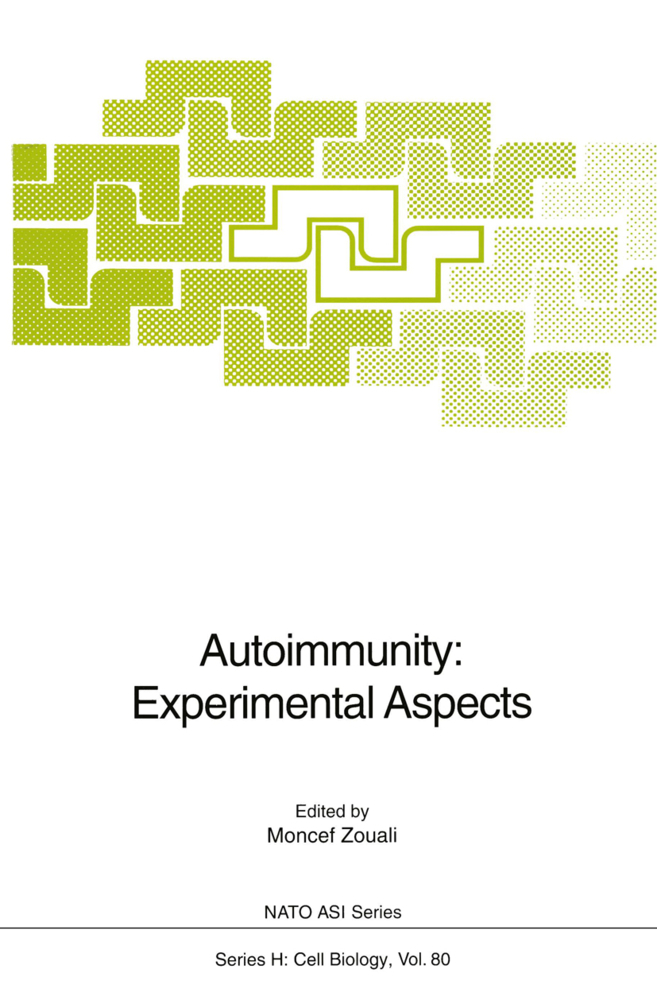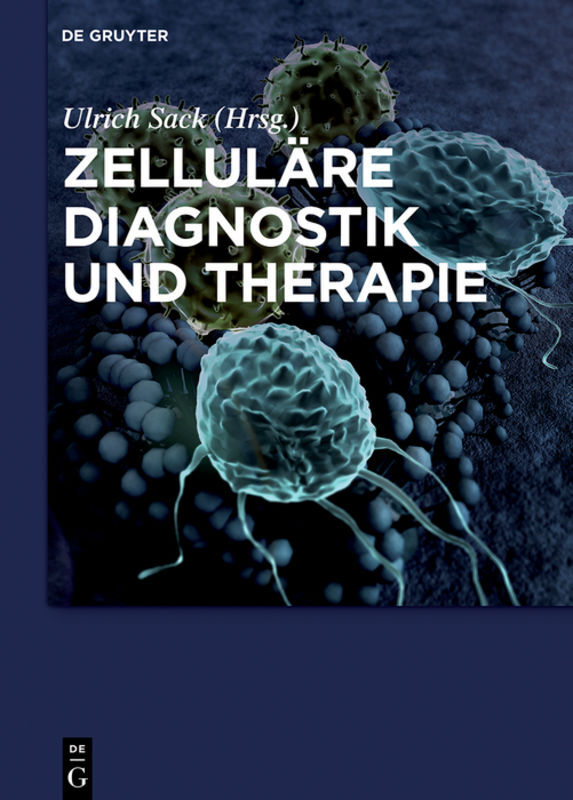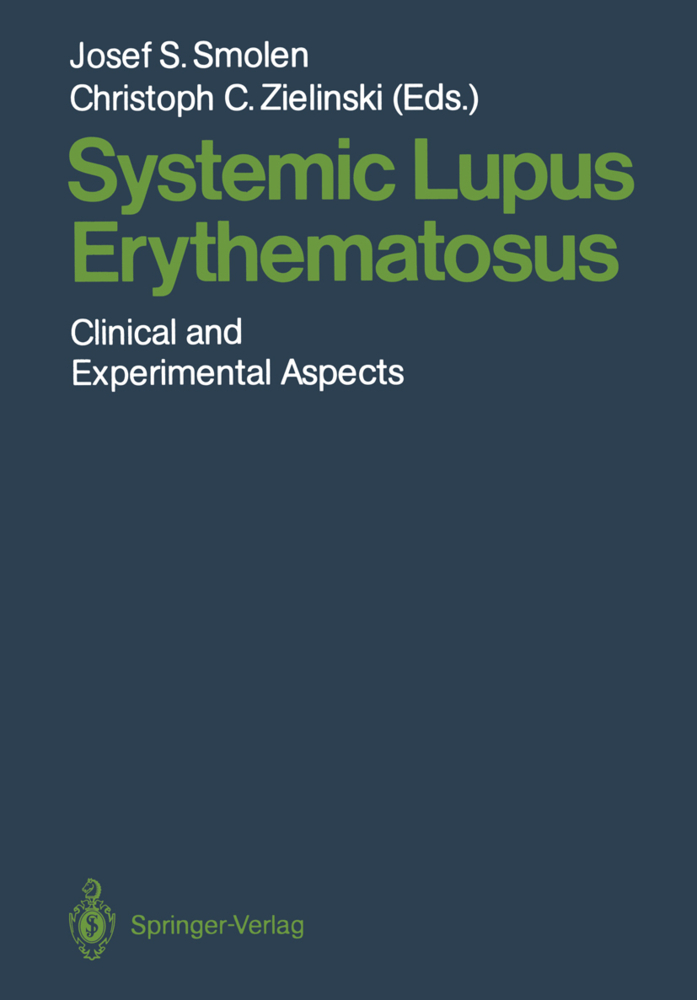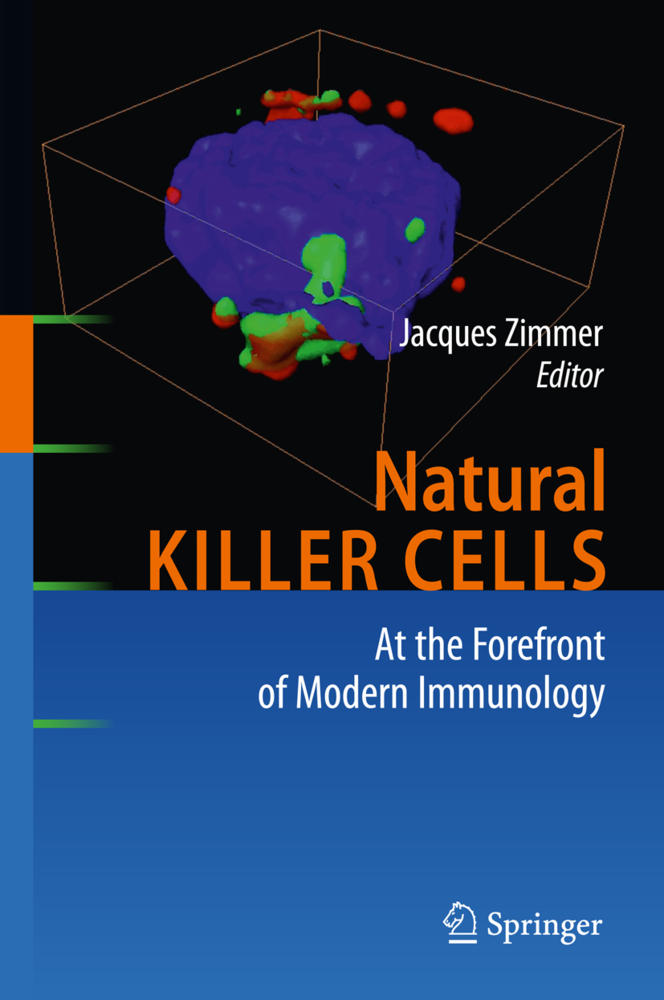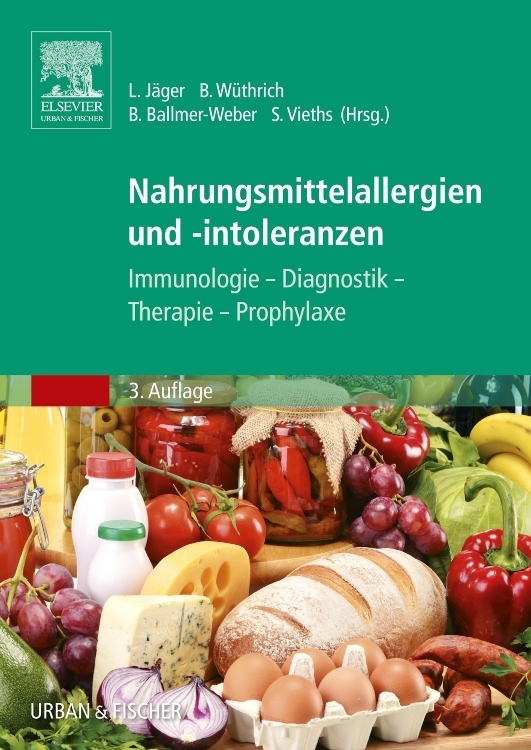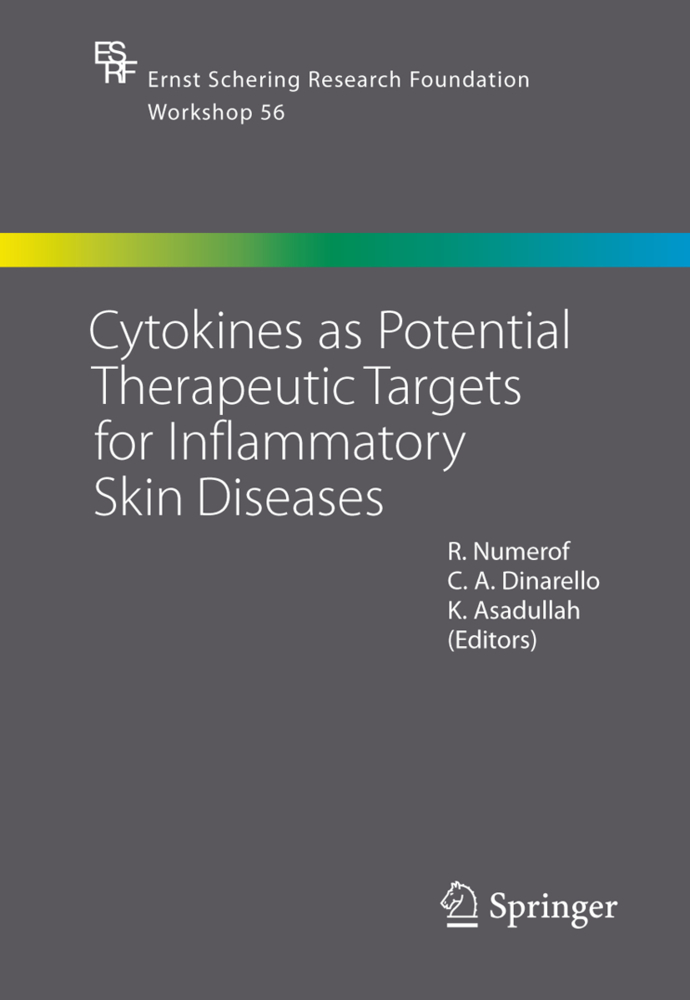Autoimmunity: Experimental Aspects
Autoimmunity: Experimental Aspects
Combining principles of contemporary immunology with applications to immunopathology, this up-to-date volume documents new developments in the understanding of the origin of autoimmune diseases. Emphasized are cellular and molecular approaches in both organ-specific and systemic autoimmunity. A comprehensive bibliography, numerous illustrations, and tables make it an invaluable source of information for immunologists, rheumatologists, pathologists, dermatologists, and nephrologists.
Transgenic mice carrying the rearranged T cell receptor of a diabetogenic T cell clone
The maintenance and reestablishment of self tolerance: T cell receptor (TCR) peptide-specific regulatory T cells
Prevention of gastric autoimmunity by transgenic expression of a proton pump subunit in the thymus
2. B-cell repertoire selection
The anti-self B-cell repertoire
In vivo suppression of IgG2ab production accomplished by CD4+8? Th1 cell clones specific for a ?2ab allopeptide determinant
3. Targets of the autoimmune response
Expression cloning using antibodies from a patient with rheumatoid arthritis of an autoantigen homologous to the Drosophila splicing regulator, suppressor-of-white-apricot
Use of synthetic peptides for the analysis of B-cell epitopes in autoantigens
Molecular mimicry as a mechanism of induction of autoantibodies
The expression of heat shock proteins in systemic lupus erythematosus
4. Trigger Mechanisms of autoantibody production
The Heavy chain variable region genes of human lupus autoantibodies
Molecular analysis of anti-dsDNA autoantibodies from patients with systemic lupus erythematosus
Differential usage of an autoantibody-associated VH gene by human B-cell tumors
Idiotypes of DNA-binding autoantibodies: mapping by epitope scanning and molecular modelling
5. T Cell Receptor Genes
T cell receptor variable gene repertoire in rheumatoid synovial T cells responding to BCG
An analysis of T cell receptor diversity in the NOD mouse: What can it tell us about the autoimmune process?
Possible linkage of Myasthenia Gravis susceptibility in R111 S/J mice to a genomic deletion of T cell receptor V? genes
Genetic andenvironmental factors in systemic lupus erythematosus
6. Animal Models and Immunointervention
Role of immunocompetent cells in skin sclerosis and autoimmunity in tight skin mice
MRL/lpr mice as a model of autoimmune diseases: multiple strategies for immune intervention
Major histocompatibility binding peptides: an experimental approach towards specific immunotherapy of autoimmune diseases
Type-I (insulin-dependent) and type-II (non-insulin-dependent) diabetes mellitus in BC1 [(NOD × Mus spretus) F1 × NOD] mice.
1. Thymic Selection and Peripheral T cell Tolerance
Tolerance induction in mature peripheral T cellsTransgenic mice carrying the rearranged T cell receptor of a diabetogenic T cell clone
The maintenance and reestablishment of self tolerance: T cell receptor (TCR) peptide-specific regulatory T cells
Prevention of gastric autoimmunity by transgenic expression of a proton pump subunit in the thymus
2. B-cell repertoire selection
The anti-self B-cell repertoire
In vivo suppression of IgG2ab production accomplished by CD4+8? Th1 cell clones specific for a ?2ab allopeptide determinant
3. Targets of the autoimmune response
Expression cloning using antibodies from a patient with rheumatoid arthritis of an autoantigen homologous to the Drosophila splicing regulator, suppressor-of-white-apricot
Use of synthetic peptides for the analysis of B-cell epitopes in autoantigens
Molecular mimicry as a mechanism of induction of autoantibodies
The expression of heat shock proteins in systemic lupus erythematosus
4. Trigger Mechanisms of autoantibody production
The Heavy chain variable region genes of human lupus autoantibodies
Molecular analysis of anti-dsDNA autoantibodies from patients with systemic lupus erythematosus
Differential usage of an autoantibody-associated VH gene by human B-cell tumors
Idiotypes of DNA-binding autoantibodies: mapping by epitope scanning and molecular modelling
5. T Cell Receptor Genes
T cell receptor variable gene repertoire in rheumatoid synovial T cells responding to BCG
An analysis of T cell receptor diversity in the NOD mouse: What can it tell us about the autoimmune process?
Possible linkage of Myasthenia Gravis susceptibility in R111 S/J mice to a genomic deletion of T cell receptor V? genes
Genetic andenvironmental factors in systemic lupus erythematosus
6. Animal Models and Immunointervention
Role of immunocompetent cells in skin sclerosis and autoimmunity in tight skin mice
MRL/lpr mice as a model of autoimmune diseases: multiple strategies for immune intervention
Major histocompatibility binding peptides: an experimental approach towards specific immunotherapy of autoimmune diseases
Type-I (insulin-dependent) and type-II (non-insulin-dependent) diabetes mellitus in BC1 [(NOD × Mus spretus) F1 × NOD] mice.
Zouali, Moncef
| ISBN | 978-3-642-78781-2 |
|---|---|
| Artikelnummer | 9783642787812 |
| Medientyp | Buch |
| Copyrightjahr | 2011 |
| Verlag | Springer, Berlin |
| Umfang | XVI, 302 Seiten |
| Abbildungen | XVI, 302 p. |
| Sprache | Englisch |

